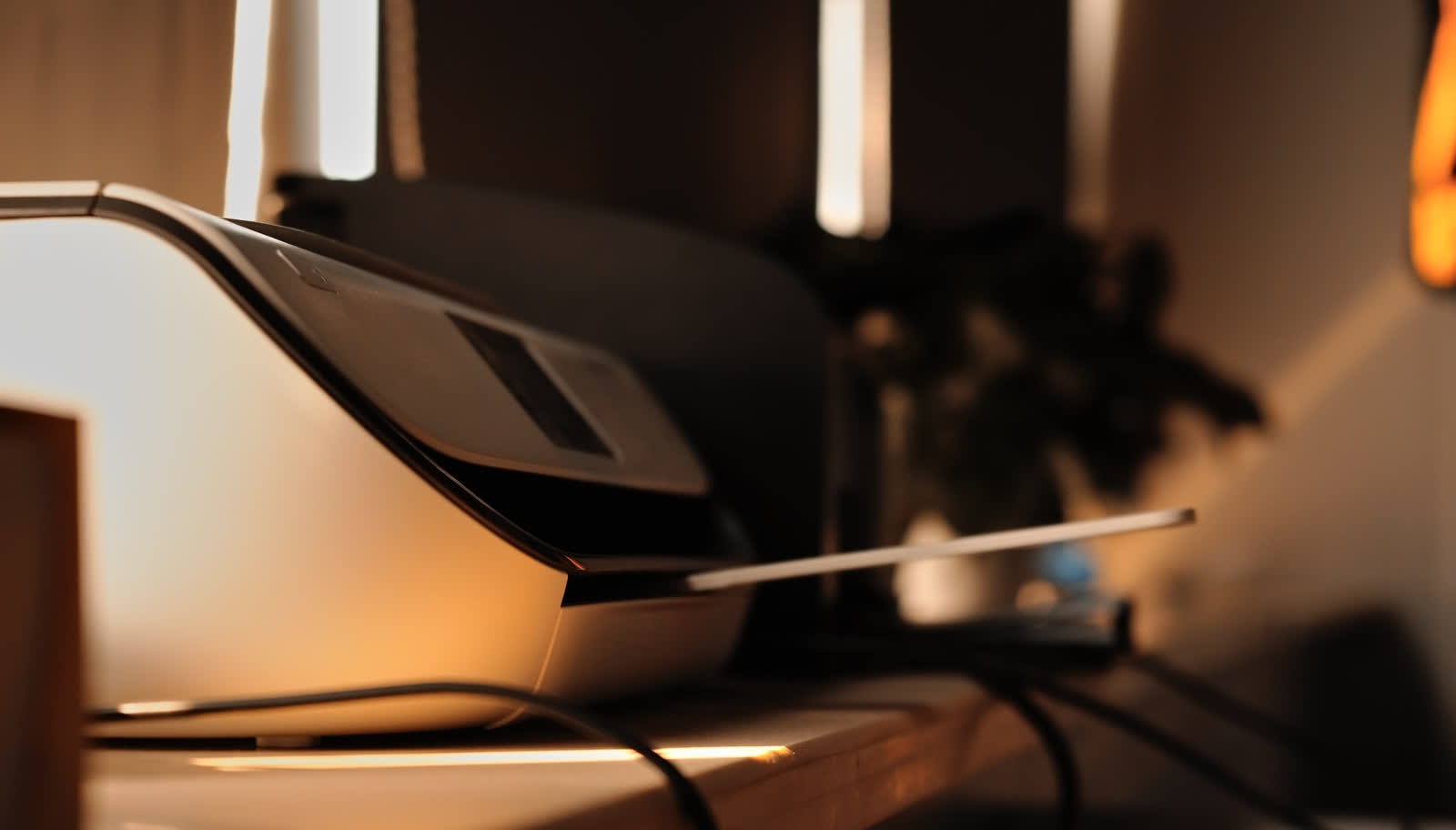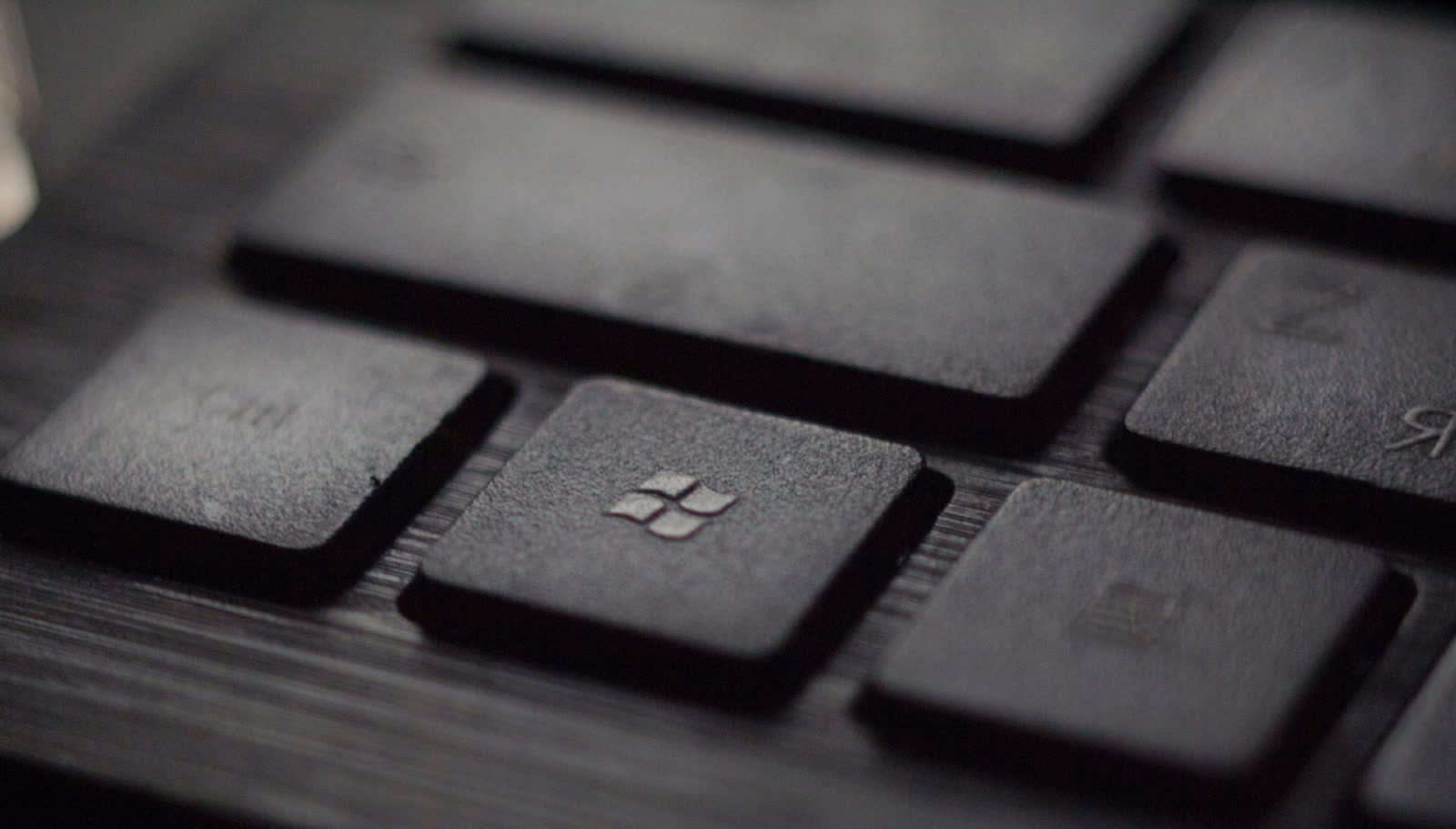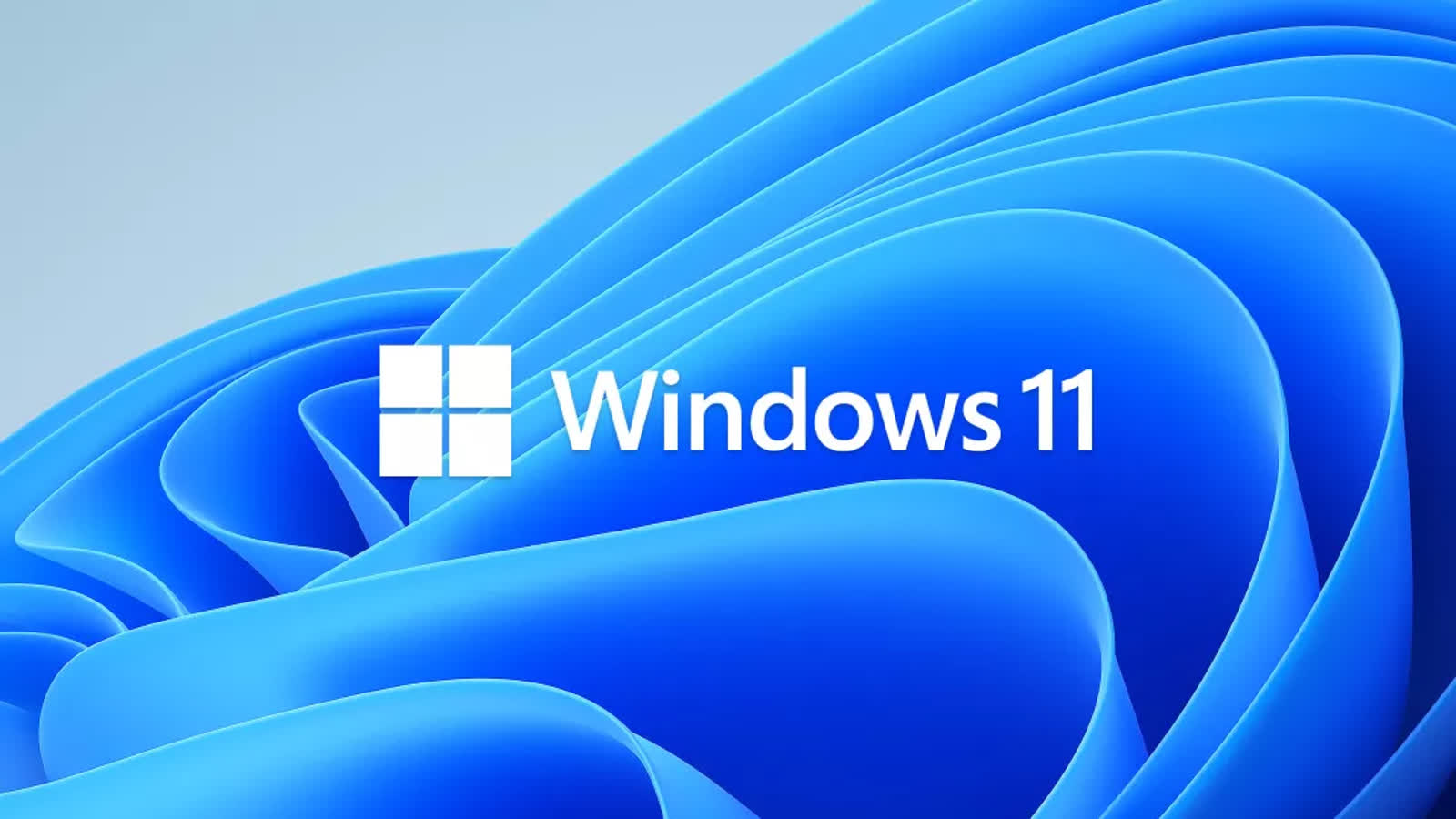In context: It's been a rocky start for Microsoft's latest revamp, Windows 11, to say the least. The OS has been subject to several issues in the past few weeks. While some have been patched, another one joins the lineup of problems the operating system is causing.
Brother, a Japanese firm that sells computer-related electronics, says that a substantial amount of its printers may not function correctly when used via a USB connection in Windows 11.
A help article (via BleepingComputer) warns that users updating to Windows 11 could prevent their system from identifying a Brother printer when connected through USB. Microsoft's latest revamp may also prevent a computer from changing printer settings or connecting more than a single printer when using a USB connection.
Brother says the issues affect a wide range of its products; in total, 92 printer models are experiencing problems with the operating system. In addition, any printer connected with USB might have trouble communicating with several printing utilities.

Brother said it's investigating the matter to find a solution. Microsoft has yet to acknowledge the printing issues for Brother's devices, but it has updated its known issues page for Windows 11, where it lists a similar state of affairs. Specifically, installation of printers might fail when attempted over some network connections, though this mainly impacts enterprises and organizations.
Custom printing properties might also not be correctly provided to print server clients, and finally, users may fail to install printers via Internet Printing Protocol (IPP). Microsoft is currently investigating the printing complications, and a patch is due for a "future update."
Printing difficulties aside, Microsoft recently released its first patch update for Windows 11. Although it fixes some compatibility issues, it made matters worse elsewhere by slowing down AMD CPUs more than the release build.

Elsewhere, in a rare piece of positive news for Microsoft's operating system, the company has detailed how it's managed to reduce update sizes by exactly 40 percent for the OS.
"With the fast pace of Windows security and quality fixes, distributing this large amount of updated content takes up substantial bandwidth," a Microsoft software engineer said. "Reducing this network transfer is critical for a great experience. Moreover, users on slower networks can struggle to keep their machines up to date with the latest security fixes if they cannot download the package."
"For versioned data systems requiring forward and reverse delta pairs, "reverse update data generation" provides a way of efficiently distributing the forward delta to the machine and having the machine maintain a path back to its original state. Microsoft has successfully employed this approach in Windows 11, providing a 40% reduction in update size. This benefits our customer base who will need to download less to remain up-to-date and secure," Microsoft explained in a summary.
